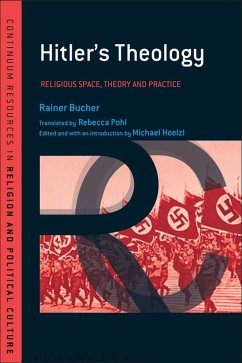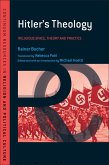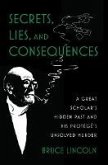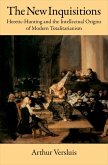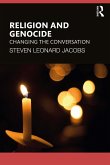Hitler's Theology investigates the use of theological motifs in Adolf Hitler's public speeches and writings, and offers an answer to the question of why Hitler and his theo-political ideology were so attractive and successful presenting an alternative to the discontents of modernity. The book gives a systematic reconstruction of Hitler's use of theological concepts like providence, belief or the almighty God.
Rainer Bucher argues that Hitler's (ab)use of theological ideas is one of the main reasons why and how Hitler gained so much acquiescence and support for his diabolic enterprise. This fascinating study concludes by contextualizing Hitler's theology in terms of a wider theory of modernity and in particular by analyzing the churches' struggle with modernity. Finally, the author evaluates the use of theology from a practical theological perspective.
This book will be of interest to students of Religious Studies, Theology, Holocaust Studies, Jewish Studies, Religion and Politics, and German History.
Rainer Bucher argues that Hitler's (ab)use of theological ideas is one of the main reasons why and how Hitler gained so much acquiescence and support for his diabolic enterprise. This fascinating study concludes by contextualizing Hitler's theology in terms of a wider theory of modernity and in particular by analyzing the churches' struggle with modernity. Finally, the author evaluates the use of theology from a practical theological perspective.
This book will be of interest to students of Religious Studies, Theology, Holocaust Studies, Jewish Studies, Religion and Politics, and German History.

